N.C. partners with Leave No Trace on outdoor stewardship tourism initiative
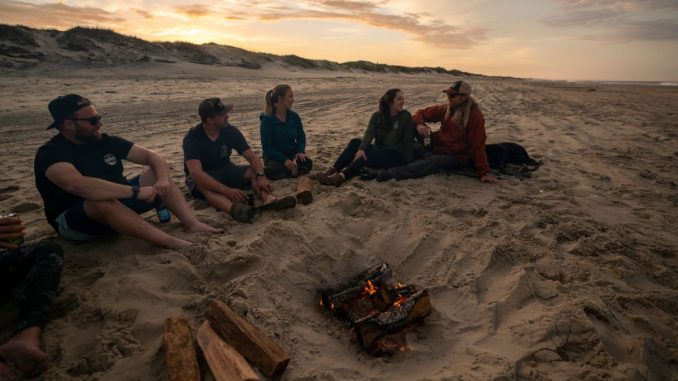
North Carolina becomes the first coastal state to partner with Leave No Trace, a nonprofit dedicated to protecting the outdoors and inspiring people to use it responsibility.
The new stewardship campaign will play a central role in the tourism strategy for economic recovery from the pandemic, said Visit NC Director Wit Tuttell. Given the relative safety of outdoor spaces and a hunger to escape confinements imposed by COVID-19, North Carolina must be ready to welcome travelers and engage them in protecting the spaces they crave.
“The partnership with Leave No Trace will enlarge the substantial economic activity generated by travelers and North Carolina’s outdoor recreation industry,” Tuttell said. “Stewardship of the state’s natural wonders will also ensure the future for the ageless places that define who we are, arouse our awe and make us humble, and turn our sights outward to infinite possibility.”
Since its creation in 1994, the Leave No Trace center has partnered with federal agencies such as the National Park Service, colleges and universities, community organizations, outfitters and private companies with a shared commitment to principles established for backcountry and developed outdoor areas. Visit NC and the Outdoor Recreation Industry Office have entered the third state-level partnership (along with Arizona and Colorado) for Leave No Trace.
“Leave No Trace is very excited to be working with North Carolina, our first official East Coast state,” says Dana Watts, executive director of the Boulder, Colo.-based center. “Together we have the opportunity to impact millions of visitors with a message of caring for North Carolina’s diverse outdoor landscapes. This partnership, ultimately benefiting visitors and locals alike, ensures the health and integrity of North Carolina’s natural lands for the long term.”
Visit NC launches the initiative with the Outdoor NC website, which elaborates on such principles as preparation, sticking to trails, cleanup, being careful with fire and maintaining distance from wildlife.The website’s buildout will offer reliable, science-based information about how to experience nature responsibly. Local outdoors enthusiasts will curate sample itineraries that include less-frequented destinations and experiences at off-peak times. Leave No Trace research shows that people form lasting connections with nature when they understand how to protect it.
Tuttell sees the natural areas between the state’s Appalachian landscapes and spacious Atlantic shoreline as rewards for travelers eager to escape into pockets of unspoiled beauty.
“North Carolina’s geographic bookends are so magnificent that people are often surprised by the wealth in the middle,” Tuttell said. “Almost dead center, we have the Uwharries, the oldest mountains in North America. The cliffs at Hanging Rock and Crowders Mountain challenge climbers, and while you can’t climb the cliffs on the Neuse River near the coast, their presence is remarkable. Croatan is the only coastal national forest in the East and the only national forest in the country with a saltwater trail. Even lifelong state residents can thrill to new experiences and unexplored places.”
The Leave No Trace partnership unites two strong drivers of economic activity in North Carolina. Research by the U.S. Travel Association showed that across the state, overnight travelers spent $26.7 billion on lodging, dining, transportation, retail and recreation in 2019. For outdoor recreation, consumer spending on products and outdoor activity by residents and visitors reached $28 billion. Visit NC and the N.C. Outdoor Recreation Industry Office are both units of the Economic Development Partnership of North Carolina.
“The strength of those numbers shows the importance of outdoor recreation to the state’s recovery from economic losses from COVID-19,” Tuttell said. “The Leave No Trace partnership inspires a principled approach to making sure our natural assets remain vital. It can make the difference between being opportunistic and being visionary, with setting our sights on the future for generations to come.”
About Visit North Carolina:
Visit North Carolina is part of the Economic Development Partnership of North Carolina, a 501(c)(3) nonprofit corporation that oversees the state’s efforts in business and job recruitment and retention, international trade, and tourism, film and sports development. The mission of Visit NC is to unify and lead the state in developing North Carolina as a major destination for leisure travel, group tours, meetings and conventions, sports events and film production. One of the state’s most vital industries, tourism generates economic activity and employment in each of the state’s 100 counties. Domestic travelers to North Carolina spent $26.7 billion in 2019 and contributed $2.16 billion in state and local tax revenues. Tourism spending creates $551 in yearly savings for the average household. VisitNC.com.
About the N.C. Outdoor Recreation Industry Office:
North Carolina was one of the first states with an office dedicated to promoting outdoor recreation. Created by the General Assembly in 2018, the N.C. Outdoor Recreation Industry Office leads the state’s efforts to expand the industry and support the 260,000 jobs it sustains. With $28 billion in spending on products and outdoor activity by residents and visitors, North Carolina ranks seventh in the nation. Based in Asheville, the Outdoor Recreation Industry Office is part of the Economic Development Partnership of North Carolina, a 501(c)(3) nonprofit corporation that oversees the state’s efforts in business and job recruitment and retention, international trade, and tourism, film and sports development. edpnc.com/industries/outdoor-recreation
North Carolina was one of the first states with an office dedicated to promoting outdoor recreation. Created by the General Assembly in 2018, the N.C. Outdoor Recreation Industry Office leads the state’s efforts to expand the industry and support the 260,000 jobs it sustains. With $28 billion in spending on products and outdoor activity by residents and visitors, North Carolina ranks seventh in the nation. Based in Asheville, the Outdoor Recreation Industry Office is part of the Economic Development Partnership of North Carolina, a 501(c)(3) nonprofit corporation that oversees the state’s efforts in business and job recruitment and retention, international trade, and tourism, film and sports development. edpnc.com/industries/outdoor-recreation
About the Leave No Trace Center for Outdoor Ethics:
The Colorado-based Leave No Trace Center for Outdoor Ethics is a national 501(c)(3) nonprofit organization dedicated to protecting the environment by teaching people to enjoy it responsibly. The center has delivered educational programs in the United States and internationally since 1994. Leave No Trace works to educate, build partnerships, conduct research on best practices, and empower volunteerism. The center provides a foundation to build a nationwide outdoor ethic of critical importance for now and for the future. lnt.org


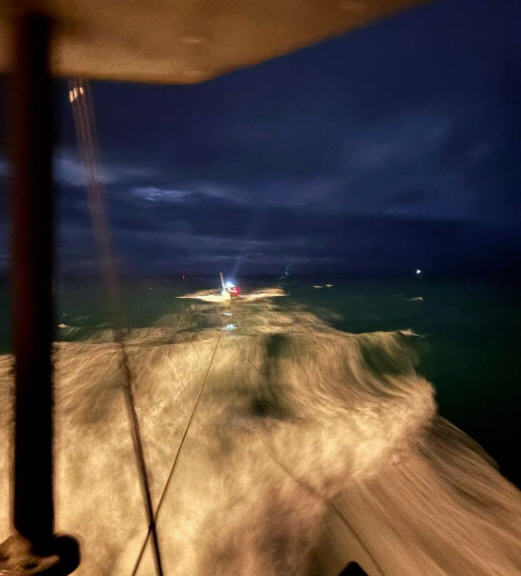
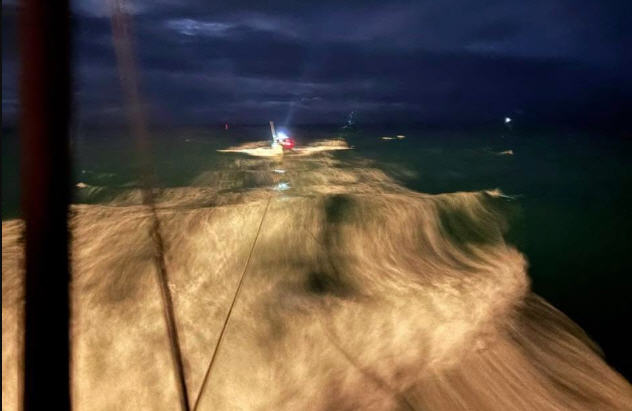

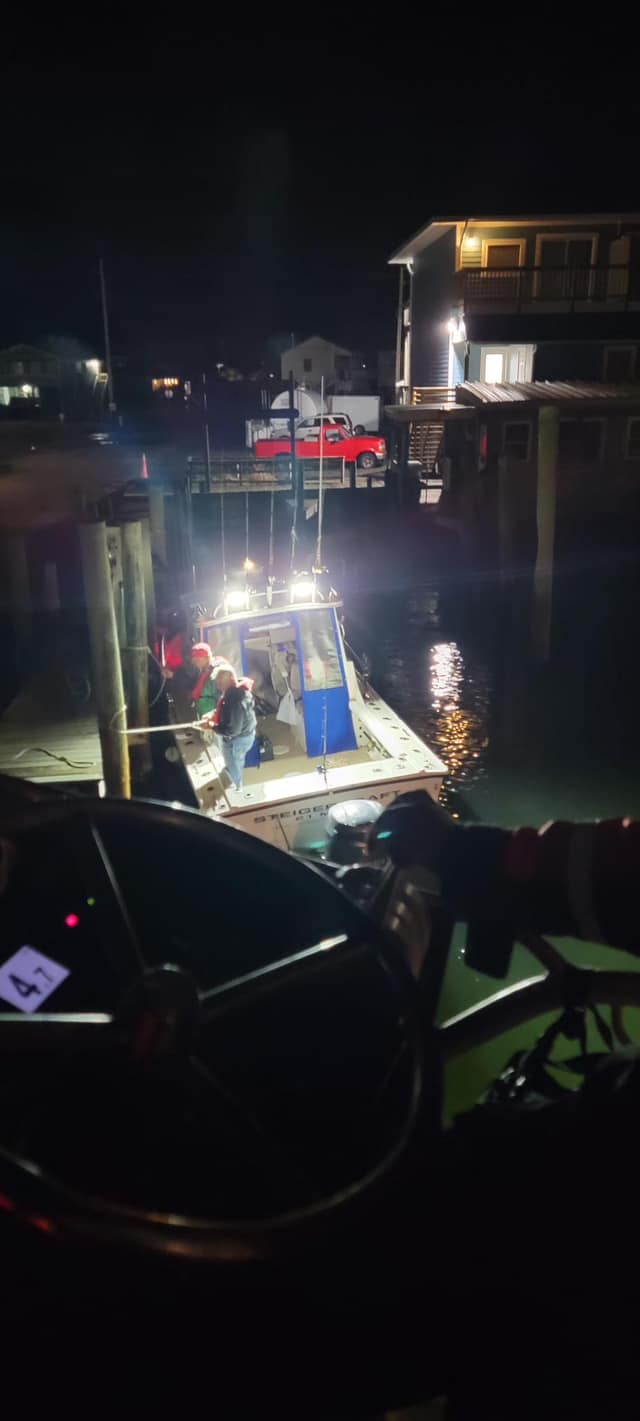

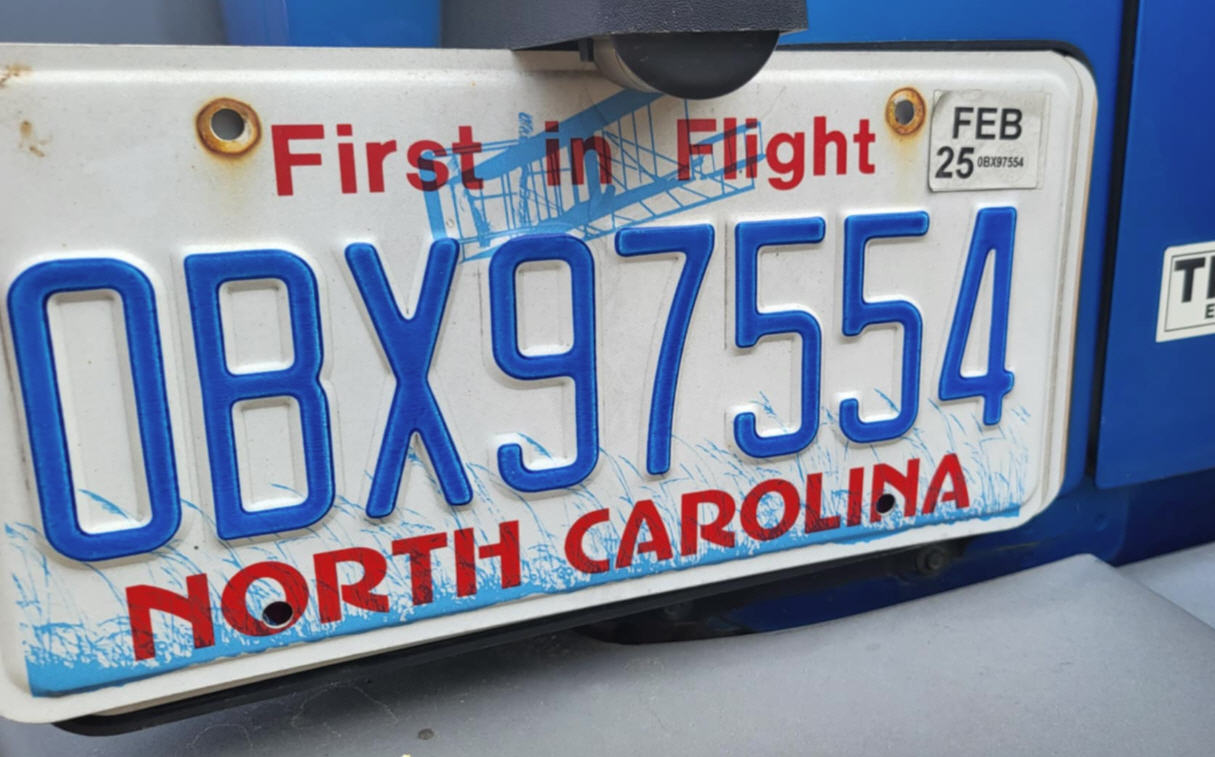
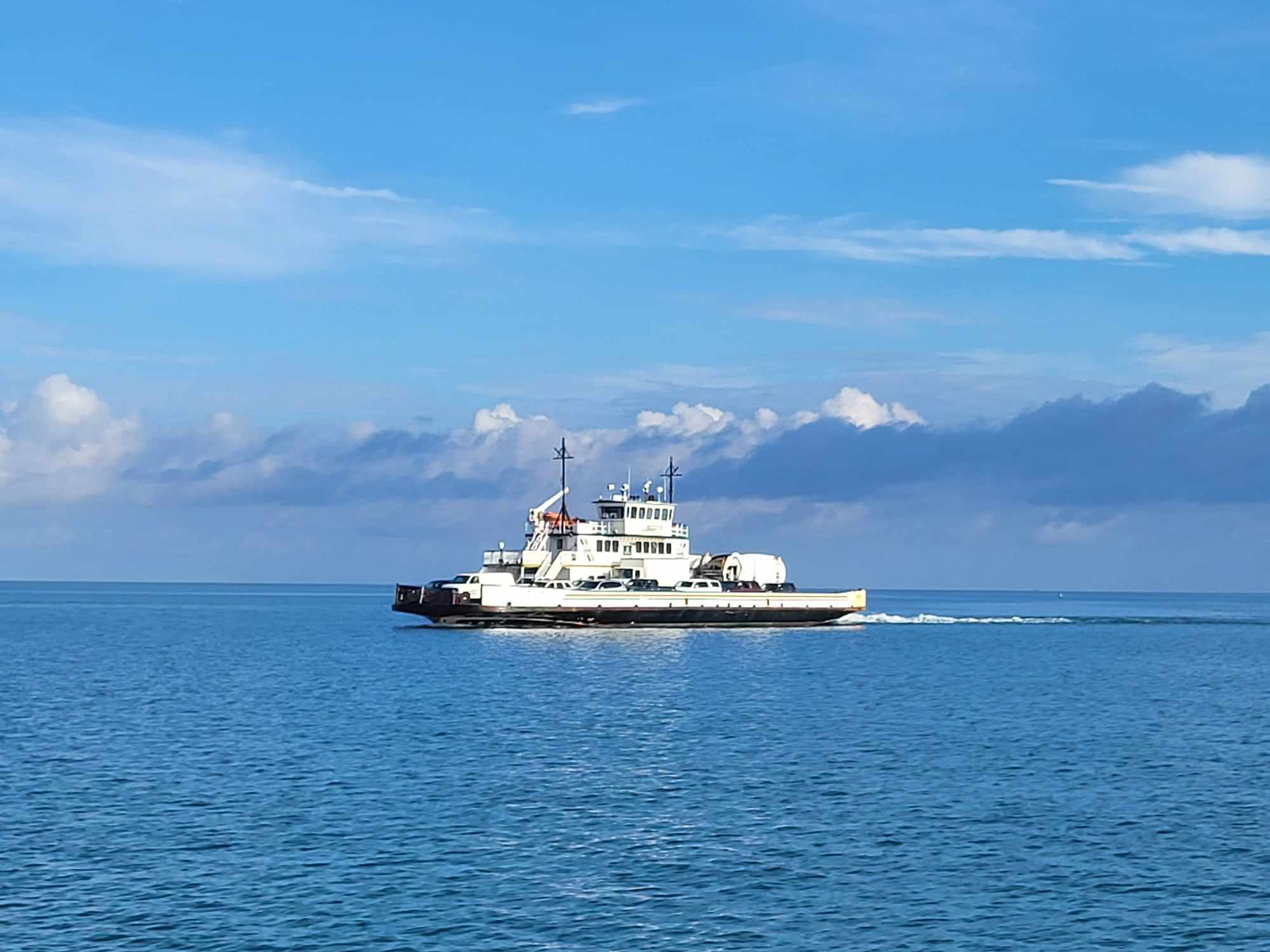
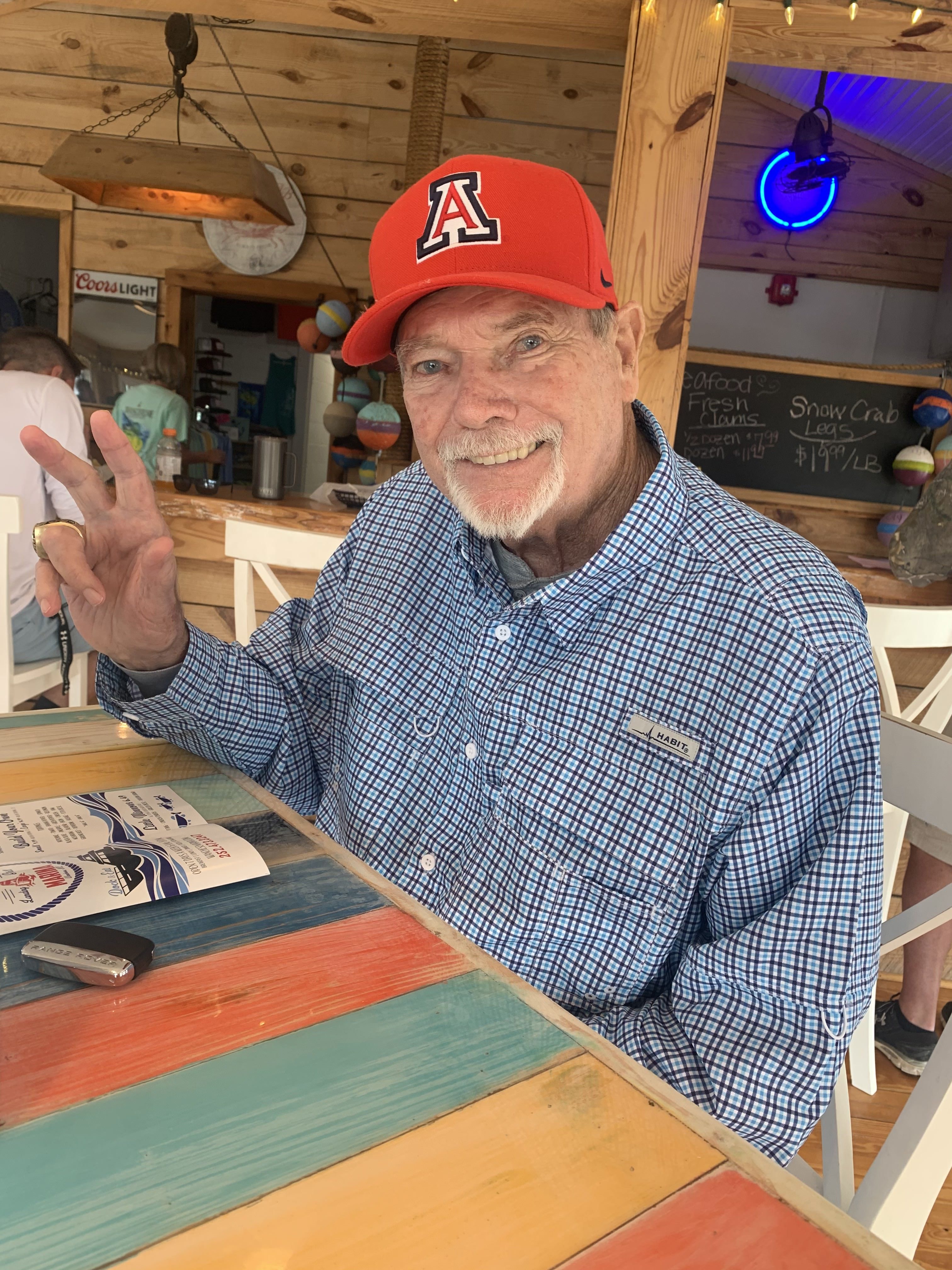



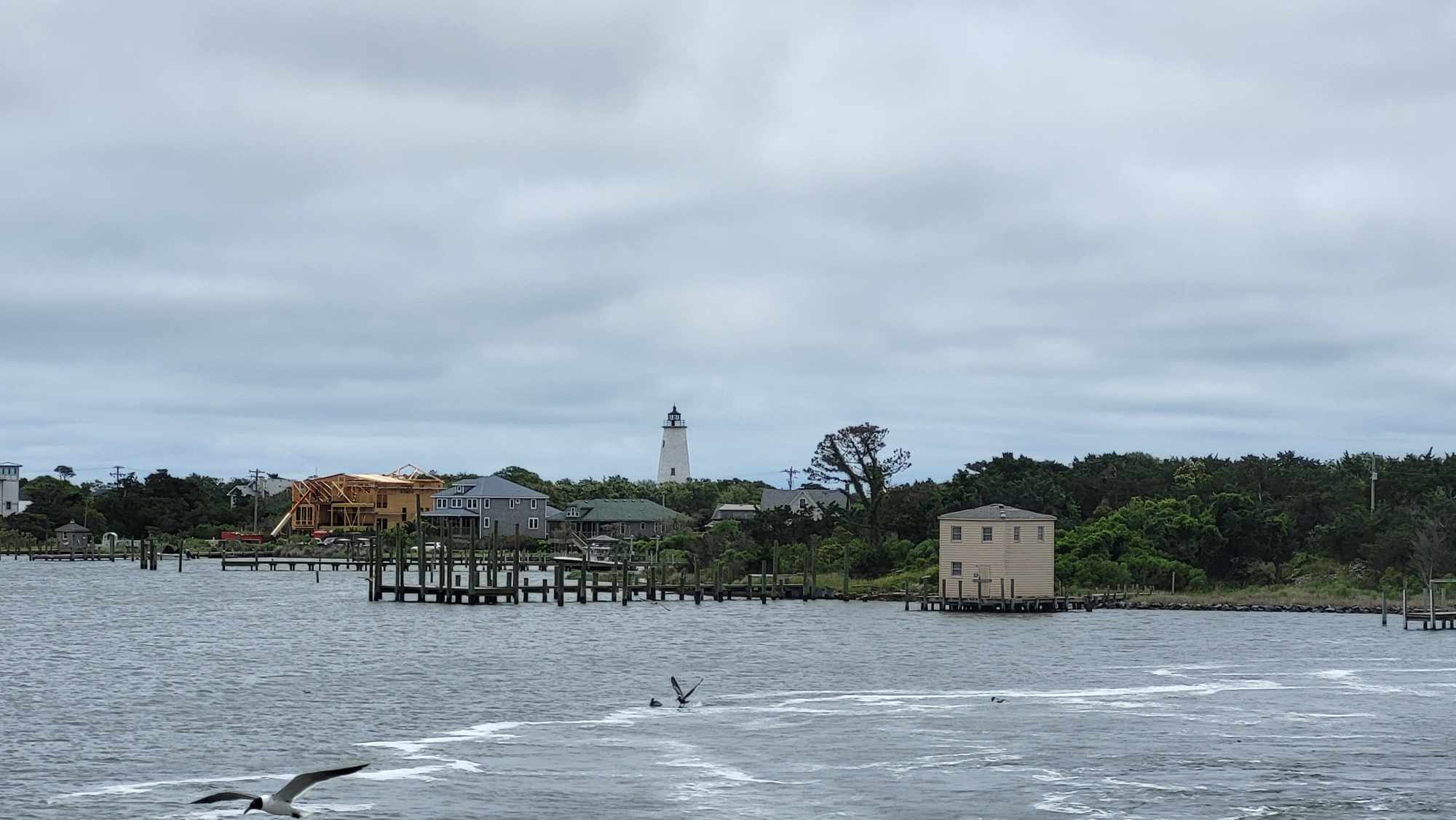

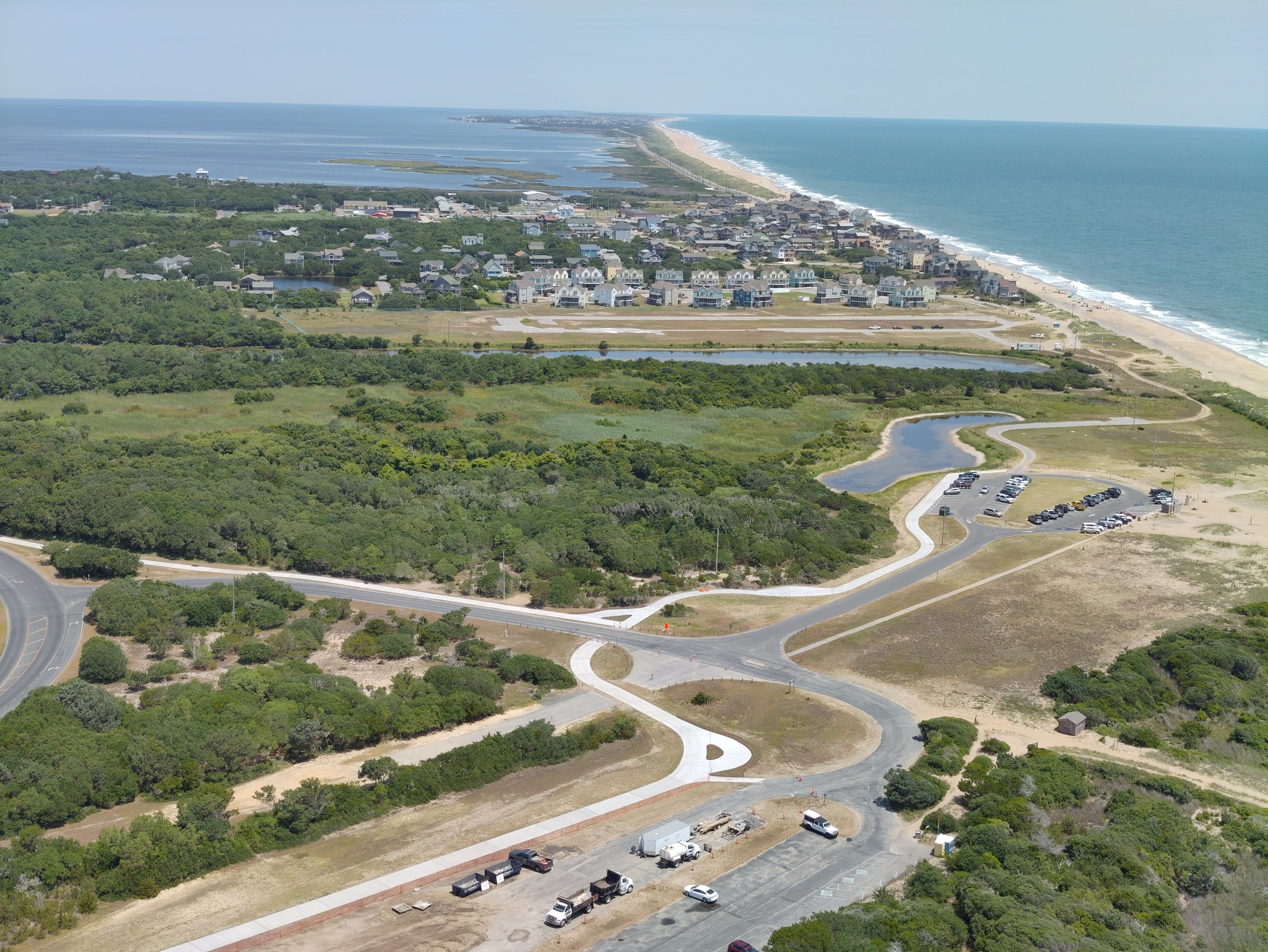


Somehow I’ll guess we (county residents and/or tourists) are subsidizing the partnership which adds absolutely no value. “Leave No Trace Center for Outdoor Ethics” is another leach on society operating as a tax-exempt business. It is so easy to spend other people’s money which is what the tourism board does.
Maybe you should have just stopped at “guess.” You apparently don’t *know.* You don’t know about the money, how much it is, or where it’s coming from. You apparently don’t know anything about the organization or the partnership or you wouldn’t have to guess.
Here, I’ll make a “guess.” The economy of the area is significantly tourism based. Without the tourons, there’s little to nothing. The tourism is heavily rooted in the natural beauty of the place. As degraded as it already is, if that is not preserved to the best of everyone’s ability then there’s nothing.
But so many tourists – and increasing number of them too – don’t understand the place at all or why it’s not some other version of Atlantic City or similar beach toilets.
So I’ll “guess” that any kind of public education that can be done with regards to the ecology of the area, and the extent that it is in everyone’s best interests to treat the land with respect is in the long-term best interests of the residents and tourists. Perhaps it will pay for itself many times over. When you’re done “guessing” you can report back.
I’ll confirm that you have to pay for membership as community with this group. I will also confirm that there are already multiple organizations provided this “information” that no one who is on vacation gives a crap about. The only concern are NH, KDH, and KH morphing into VA Beach South which it is on a fast track to do. These types of programs are absolutely worthless as are the organizations that push them. I lived here for 20+ years and can assure I have only seen a degradation in behavior, actions, and manners. No “guesses” required as it is observable.
Do you really think some schmuck from (pick your state) cares about Dare County other than for their vacation purposes?
Yeah. As I said an increasing number of tourists don’t understand the place. But that’s not what the “guess” was about.
And sorry, but a lot of people who frequent the OBX from (pick your state) do give a sh** and learn from such organizations. Meanwhile, sure. For others it’s just supposed to be VA Beach South, and they don’t give a sh**. All the more reason to just give up? As I’ve noted before, maybe you just want to live elsewhere?
As for paying for membership? That’s just a fundraising thing for orgs like that, and it’s aimed at individuals. Sort of like signing on for a regular “donation” and agreeing to get the newsletter or whatever if you’re behind what the org does. It doesn’t mean that any part of local govt paid anything. On that you’re still just “guessing.” I don’t know either. But if you’re that concerned why don’t you just find out? Get in touch w/ the country and tourism board and ask them how much it’s costing local taxpayers as opposed to just spewing uninformed assumptions online.